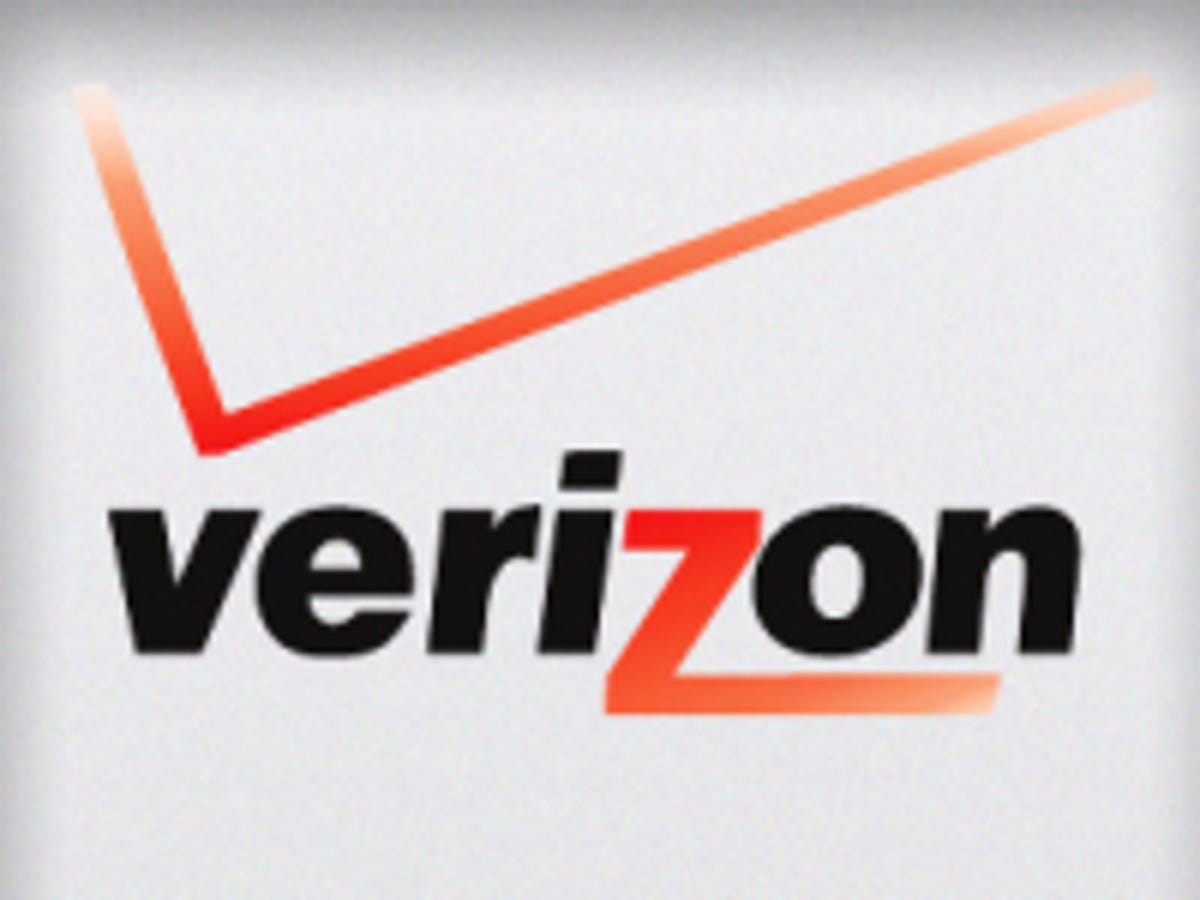The cost of Verizon’s Fios and wireless service are expected to go up during the next several months, as the company hikes prices and introduce new plans that demand customers pay more for the data they consume.

Speaking at the JP Morgan investor conference Tuesday, Fran Shammo, Verizon Communications’ CFO, said the company is planning to increase fees and prices for its Fios Internet and TV services. He also promised investors that wireless customers would soon be spending more on its service after the company implements a new “data share” plan for its 4G LTE network.
Shammo’s comments were meant to assure investors that Verizon is working hard to monetize the capital it’s spending both on its fiber-to-the-home Fios network, as well as the 4G LTE wireless build-out. Verizon spent about $23 billion on its Fios fiber network through 2010. And the company is spending billions to build its 4G LTE network, including the $5 billion it spent on the 700MHz wireless spectrum used for the initial launch of the network and the $3.6 billion it plans to spend on additional spectrum from cable operators to keep up with demand for more network capacity.
Related stories
- Verizon to kill unlimited data plans for existing subscribers
- Verizon’s $3.6 billion spectrum deal: Who wins and who loses?
- Verizon CEO: Hard decisions needed for landline business
Shammo said the company currently has no plans to build out the Fios service to new areas, but he said that if the service becomes profitable, the company may re-examine its options. And he said that if the company is able to complete its purchase of wireless spectrum from cable operators, it won’t need to invest in more spectrum for several years.
On the wireless side of the business, Verizon will soon move customers off its unlimited data plans and force all customers onto 4G LTE “share plans.” These plans will allow users to share their data with other people on their plans or to connect multiple devices to their account, such as iPads and other Internet-enabled devices. And eventually, Shammo theorized this move will lead to more consumption, and thus more money in Verizon’s pockets.
“I think revenue ARPU [average revenue per user] will continue to grow as we get into data share plans and people start to connect more devices [on the network],” he said, according to the transcript of the event. “As they add more devices, they are going to have to buy up into tiers. So again, you will see the revenue increase there.”
In terms of Fios, Shammo said that the company is already winning about 50 percent of the available market in some areas. And even though he said that the paid TV and broadband markets are competitive, he believes the company doesn’t have to be so aggressive in its pricing to continue to win new customers.
“I think you’re seeing a little bit of pullback on those promotional-type items and the aggressiveness that we have in the marketplace,” he said. He went onto say that strong customer satisfaction for the Fios TV product means that the company can charge more for the service.
“Given the Consumer Reports article and the Consumer Index article, I think we can be less aggressive,” he said. “Word-of-mouth is the best advertising we can get.”
What this means is that sweet deals once offered by Verizon to new subscribers that undercut cable competitors will likely go away. Existing Fios customers can also expect price increases when they renew their contracts.
“You’ll see us do some price increases here over the next two quarters to offset the content increase,” Shammo said. “And that will also contribute more profitability to the bottom line…We are switching around our bundles and the customers that are coming out of the current bundles will be priced up to the newer bundles. So you are going to see really a shift over the next two to three quarters in price-ups coming out of FiOS.”
Shammo said that the company will increase fees on rental charges for set-top boxes and digital converters.
Verizon’s price hikes and plans to bump up consumer spending for wireless services may not sit well with consumers. Still, Shammo said he doesn’t expect these changes to drive consumers toward its competitors. He pointed the company’s recent move to charge a $30 upgrade fee to wireless subscribers who want to buy a new smartphone when their contracts are up for renewal. This new fee is to help offset the cost of the subsidy that Verizon pays for every new smartphone it sells to subscribers. Shammo said that the company has not seen “any impact from a customer base from that fee. So that was the right thing to do.”



